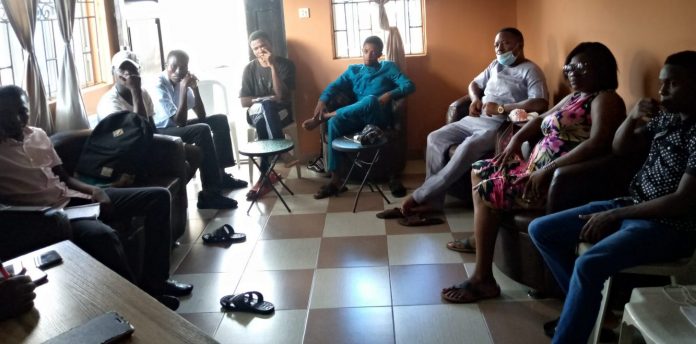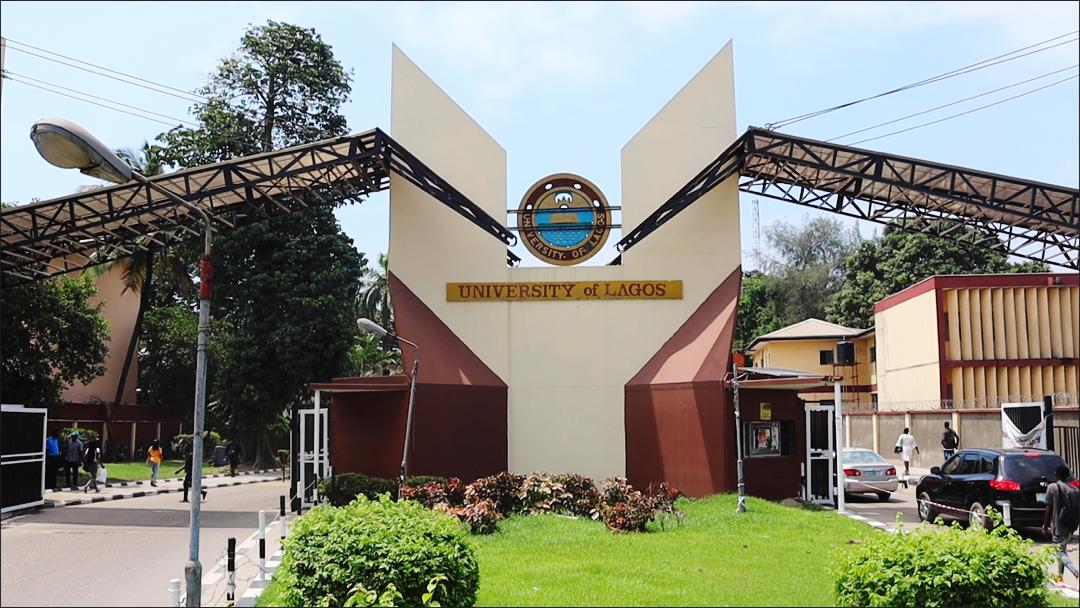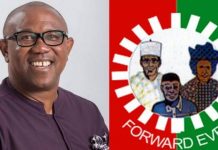Comrade Peter, 20 December 2020.
The Nigerian section of the International Marxist Tendency (IMT), Campaign for Workers and Youth’s Alternative (CWA), held its annual Leon Trotsky Ideological School in Lagos recently. The highly educative two-day Marxist School took place over the weekend of 12th-13th December, 2020.
The annual event, named after Leon Trotsky, an ideological giant and one of the foremost leaders of the 1917 Russian revolution, was hosted by the Lagos branch and attended by 13 members of the organization. Comrades from Ibadan and different parts of Lagos started arriving to the venue on the evening of Friday, 11 December. Despite the harsh economic conditions in the country, the hosts of the School exhibited a high level of hospitality. The level of excitement and enthusiasm with which the participating comrades arrive was infectious. The interesting discussions that were had outside the scheduled sessions served as an initial basis for the success of the School. The School comprised four different sessions – three sessions were held on the first day and one on the second. Topics were thoughtfully chosen to reflect the current state of the Nigerian society, and to review recent events and revisit the fundamentals of Marxism.
What is Marxism?
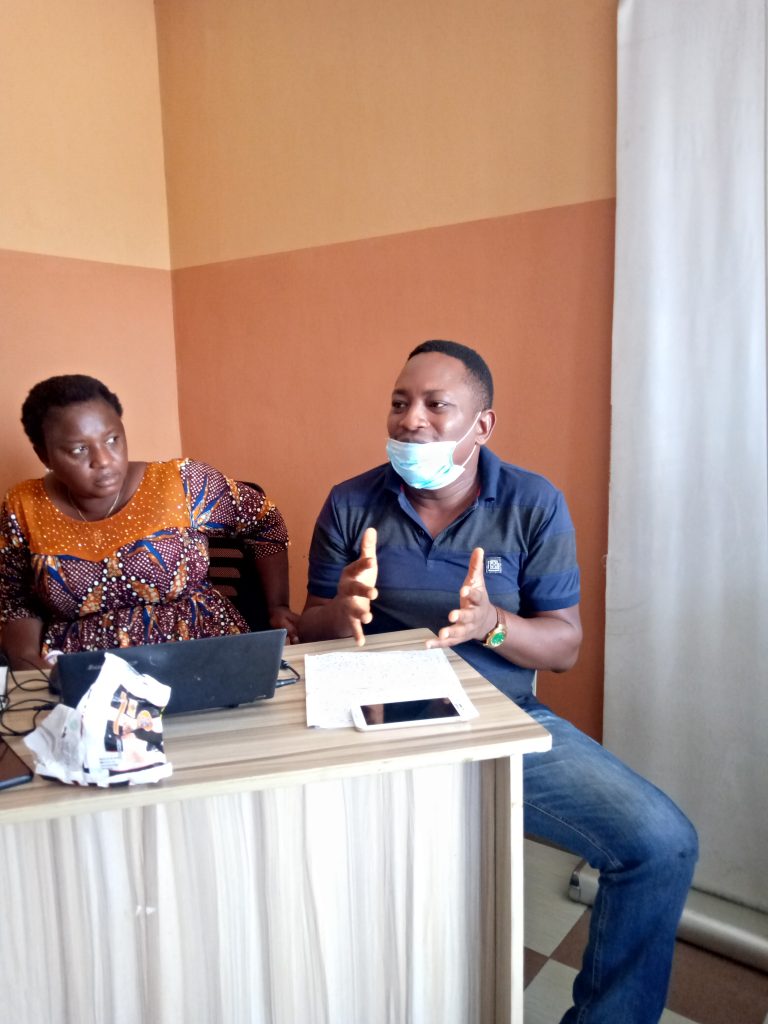
On Saturday, 12 December, the first session which was on ‘What is Marxism?’ began very early in the morning. This session was moderated by comrade Rashy while the lead off was taken by comrades AK Revo, Pete and KZ. This tag-team style of lead off was adopted again this year as it was effective last year.
After a brief introduction into the topic by Comrade AK, comrade Pete started off with ‘dialectical materialism’. He began with a famous quote from The Critique of the German Ideology, where Marx wrote that ‘The ideas of the ruling class are in every epoch the ruling ideas’. He explained that the ruling class has the means of material production at its disposal which makes it to be in control of the means of mental production. He said these ruling ideas are nothing but the expression of the dominant material relationship in the society which we hear everyday through the mass media, religious institutions, schools etc. Without a new, or different way of looking at things, we will inevitably adopt the ideas of the bourgeois class. For Marxists, dialectics is our method, the ‘philosophy of action’, in the words of Plekhanov. It helps us to understand the universe from the perspective of what it used to be, what it is now and what it might likely become. Dialectics provides us with a scientific outlook of the world, it is the science of matter in motion. Comrade Pete also mentioned that the ‘formal logic’ of Aristotle is also useful for explaining day to day activities; many major breakthroughs in Biology, Mathematics and other scientific enterprises could even be attributed to this logic. However, formal logic operates on the assumption that things are static, the moment we introduce the element of change into the equation, this logic becomes completely incapable of explaining anything. It is only dialectics that can give accurate analyses of things in motion. Again, formal logic deals with a rigid classification but the world itself is full of processes, flux, transformation, development, and continual change. It becomes impossible for formal logic to grasp the mysteries of the world and understand the truth of things. The laws of formal logic were explained with various examples showing their limitations.
Pete also spoke about the two great schools of thought in philosophy: materialism and idealism. He said these terms need to be explained because their meanings here have nothing in common with their popular ordinary usage. Materialism in today’s society is associated with greediness, love of money and material things while Idealism has to do with virtues. However, philosophical idealism is the believe that ideas are primary while matter is secondary and that the material world is nothing but a reflection of some ideas. Idealism is credited to the great philosopher Hegel, who saw the prime motor force of history as the absolute idea which exist out of time and space. This obscure believe has led to mysticism and religion. For us as Marxists, we belong to the materialist tradition. Philosophical materialism explains that matter is not a product of ideas, but ideas are the highest product of matter. Human beings have evolved from lower forms of life, the brain, which is a part of the material body, is itself matter organized in a special way. Therefore, human thoughts and consciousness are just mere expressions of the material world.
Just like formal logic, dialectical materialism has its own laws. Although, unlike formal logic, these laws are abstraction of how change occurs in reality. The law of ‘Transformation of Quantity into Quality’ explains how quantitative differences can transform into qualitative changes. For a long period of time, it may appear as if there is no change until a major event lead to a sudden transformation; that event would just be ‘a last straw that broke the camel’s back’ and not the cause of the leap. Many examples were used to corroborate this law before moving on to explaining ‘Interpenetration and Unity of Opposites’ . It is the struggle of opposites within a phenomenon which gives rise to an internal tension, which in turn gives rise to motion, changes, leaps etc. The class struggle in capitalist societies was used to make this law ever clearer. Lastly, the law of the ‘Negation of Negation’ was explained as the constant struggle between form and content until the form is abolished and the content transformed. History does not move in a straight line, a step forward is only achieved by a temporary step backward. It took the negation of the feudal system for capitalism to assume the stage of history, in the same vein, capitalism needs to be negated for a higher social order i.e socialism. Com. Pete in his conclusion said that it is important for all comrades to practice and understand dialectics, which is at the base of Marxism.
Comrade AK started his own lead off on ‘Historical Materialism’ immediately after ‘Dialectical Materialism’, by explaining that Marxists see history as a series of connected events and seek to discover the processes and laws governing nature. He said contrary to the bourgeois apologists, human beings have not always been selfish, and capitalism is neither a natural nor permanent socioeconomic system. By tracing the various social and economic development that humanity had witnessed before capitalism, we arrive at the conclusion that the objective condition i.e. the development of productive forces, is the determining factor for these transitions from one epoch to another. He pointed out that the viability of every socio-economic system is its ability to develop the productive forces; any system unable to do this has reached its limit and must give way to a more advanced system. However, only the combination of both subjective and objective factors can ensure this transition. AK explained that the objective condition for socialism has long been overripe, but like Trotsky said the missing piece is the leadership of the revolution – the leadership of the working class. On Marxist Economics, Com. KZ spoke extensively on how the capitalist system works. He stated that capitalist profit is the unpaid labour of the working class. The Labour Theory of Value was explained in details from both the exchange and production side of every transaction. He concluded by saying capitalism has entered a major crisis but will not collapse on its own accord.
After the lead off, many comrades asked questions about the topics while others contributed to what had been said which made the discussion ever more interesting. Those who contributed include FJ from Lagos, GOK from Lagos, Jerry from Ibadan, and Ola from Lagos.
Com. AK gave a brief conclusion to round off the long but very educative session.
The Necessity of a Revolutionary Organization
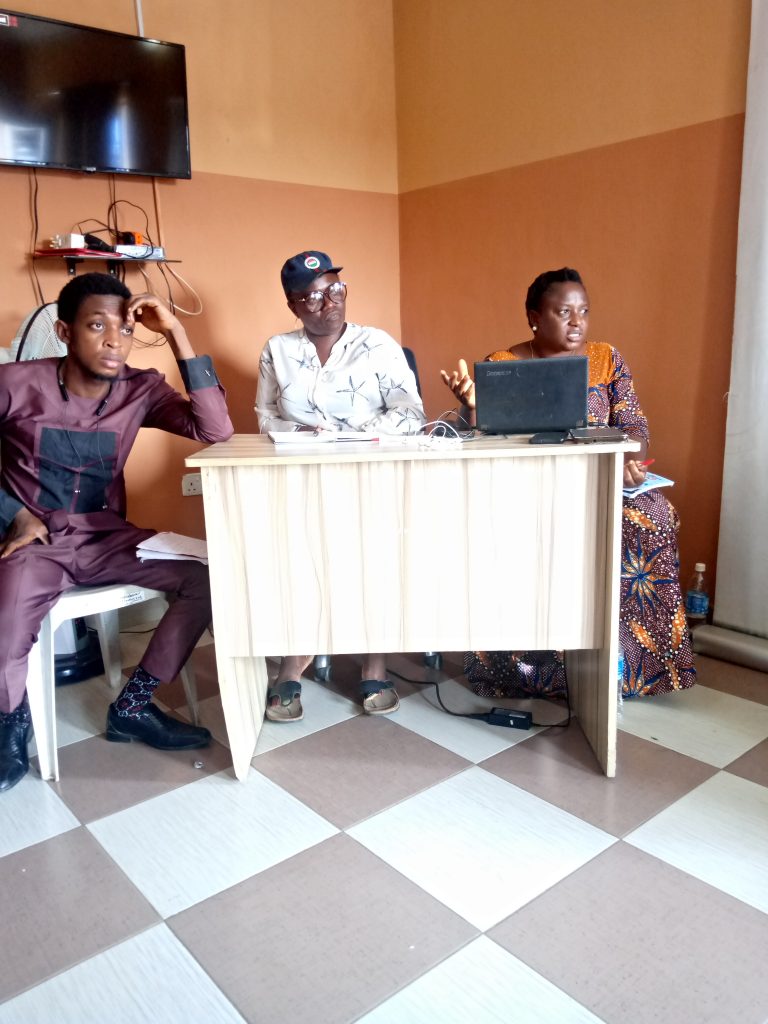
This second session was on the necessity of a revolutionary organization. The session was moderated by Comrade FJ while the lead off was given by Com. Rashy and Com. Phil.
Com. Rashy began by recognizing the need to state the difference between a revolutionary organization and and a revolutionary party. She said the aim of the formal is to transform into the latter i.e. a revolutionary party which will lead the proletariats to power. The importance of discipline and education within the organization was also emphasized. Rashy defined the party as an apparatus to carry our ideas to the masses. She explained the essence of a revolutionary party in relations to its programs, ideas, methods and traditions. The concept of tactics and principles came up while discussing the programs; a party can be flexible with its tactics but never on the question of principle. The concepts of opportunism and sectarianism were also discussed thoroughly. Com. Phil set the spotlight on the Bolshevik party and highlighted the lessons from the activities of the party. He also spotlighted on the difference between the revolutionary organization and individual terrorism of the Narodniks. He traced the history of the Bolshevik party from the first congress to the second, the split with the Menshevik on the question of differentiating a member of a revolutionary organisation from an ordinary sympathizer and the brilliant intervention of Lenin and Trotsky in the 1917 revolution.
Com. Rashy concluded the session by stating that the revolutionary party cannot be improvised when the revolution has already started; therefore, it must be painstakingly built ahead of the revolution. She said our aim is to model the organization after the Bolshevik party because it was the only party in history to lead a successful socialist revolution.
After the lead off, some comrades asked question while others added flesh to the already brilliant introduction. The session ended, comrades had a short break and came back refreshed for the last session on Day One.
The Lessons of the ENDSARS Movement
The EndSARS movement which started on 6 October 2020, and shook the country for about 20 straight days would go down in the annals of the Nigeria history as one of the biggest radical youth movements ever. In this session which was moderated by Com. KZ, Com. GOK analyzed the movement from a Marxist perspective and drew out the lessons. GOK began by saying the youth movement is always a measure of the accumulated anger in the society. He said the young man killed by the SARS operatives in Delta was said to be the cause of the movement, but as dialecticians, we should understand that the killing was just the last straw. The Nigerian youth are mostly at the receiving end of the crisis of capitalism in the country. The movement was explained to have an amorphous character, which means there were different classes of youth who represented different interests. The progressive elements had a very low voice and representation due to the weakness of left activism in Nigeria. At the initial stage, the movement clearly declared that it had no leaders and no interest in politics whatsoever. A main reason for this would be effect of years of betrayal of the labour unions. However, these ‘accidental’ leaders of the movement could not comprehend the connection between the state and the standing army, they believed there was a way to stop police brutality without posing the question of power. These leaders presented clear reformist demands to the government, which was a reflection of their political level. GOK said the movement has not been defeated, he said the process is still ongoing in the society and would extend into the coming years.
After the lead off, contributions were made by almost all the young comrades present at the school. Com. Phil, Pete, Kali and others who engaged in the movement narrated their experiences.
What Stage Are We Passing Through
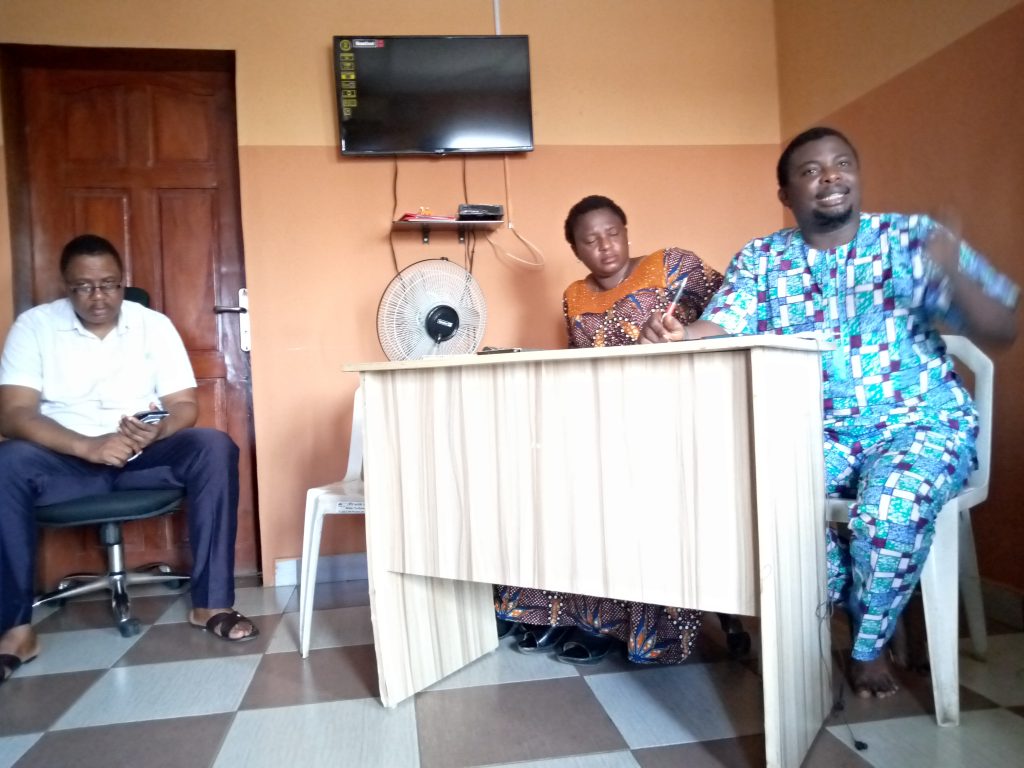
There was only one session on Day Two of the school. This session was moderated by Com. Rashy while the lead off was given by Com. KZ.
KZ explained the crisis of capitalism from the viewpoint of the economy. He said the growing mood of frustration and discontent in the society would definitely find expression in a movement. Events are rapidly unfolding, only an organization which is well prepared and has the right ideas can benefit from it. Com. KZ discussed the constant call for the unification of the left by finding a minimum point of agreement; he said most times the so-called minimum point is the maximum point for some of these left groups. Thereby, going into these arrangements to make our ideas known and recruit the best of the best remains the correct tactics. The condition is now very favourable for Marxist ideas. This, Comrade KZ described as swimming with the tide as against swimming against it, which used to be the case.
After the session, series of questions were asked and contributions made. Com. KZ concluded the session by reiterating that building the organization is the only way to a successful socialist revolution.
The school ended with the singing of revolutionary songs.


